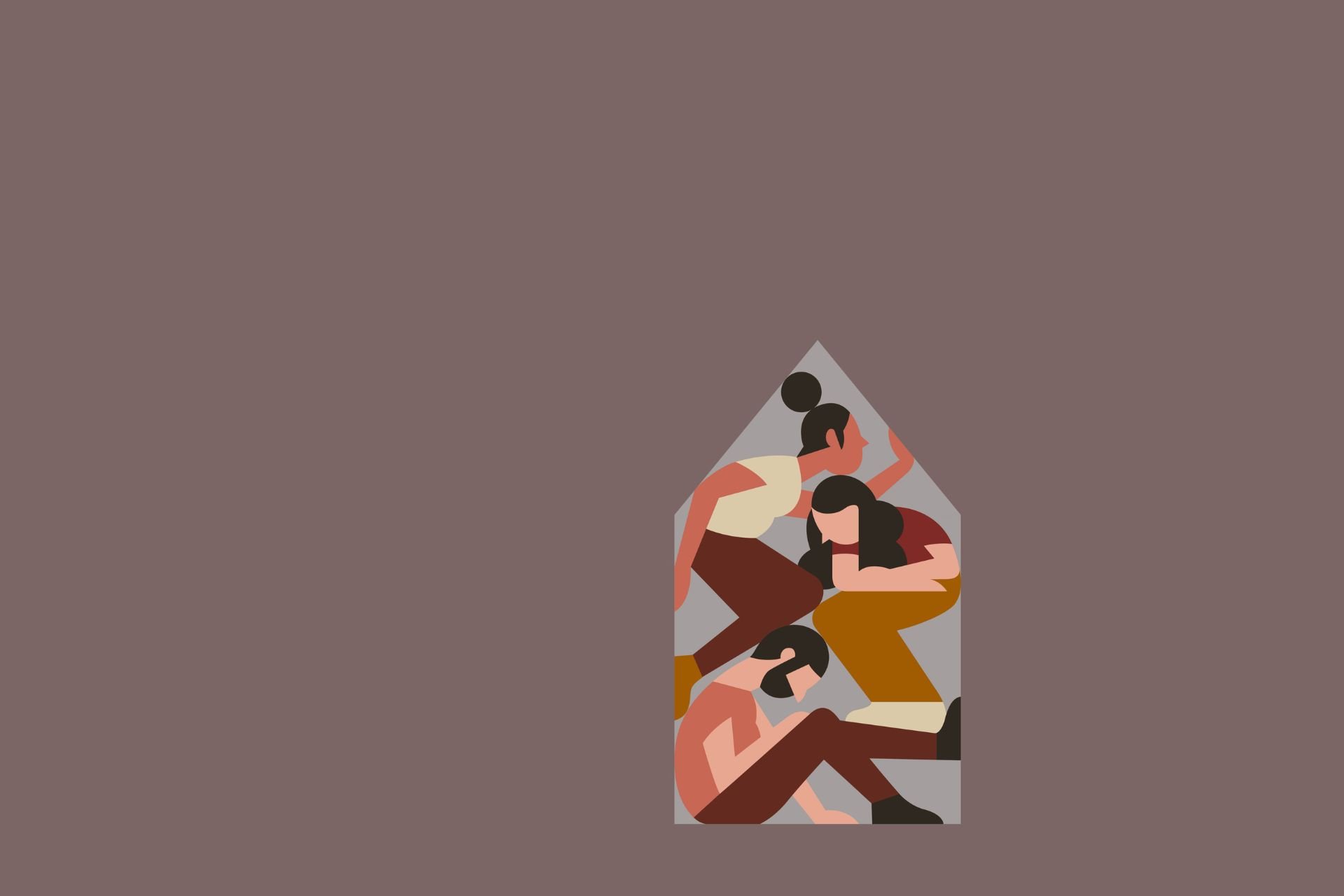
Consultation/Supervision Services
Consultation and supervision at Wove Therapy is creative, collaborative, and challenging. It is informed by intersectional, anti-racist, anti-oppressive, feminist, liberation, and relational theories. A truly inclusive practice centers clinicians as well as their clients. Holding space for various identities and pushing clinicians to grow is a delicate process that requires constant interpersonal and structural reflection.
What is the difference between Consultation and Supervision?
Consultation and supervision are considered essential and ongoing practices of gaining insight, perspective, and learning from another clinician with more experience and training. While case consultation is a service that can be offered between any two clinicians, supervision is typically designated as a consulting relationship regulated by a state licensing board and implies legal responsibility for clinical events.
Do I really need consultation/supervision?
Therapists offer themselves as a medium through which clients work through their intrapsychic and interpersonal conflicts. No amount of studying or training or can fully prepare you for the real ruptures, plateaus, and transferences that happen in therapeutic relationships. Since we cannot heal or get rid of pain for our clients no matter how much we care, it is so important that we keep our psychic channels as clear as possible for clients to find ways to tolerate their own suffering within the treatment frame.
It is in our nature to seek out connection as social beings. However, real connection is never simple. As clinicians, we are witnesses and co-participants in the therapeutic alliance. What unfolds between you and your clients is a complex interplay of conscious and unconscious material. Consultation can help you unlock the meaning and potential to utilize that material into something clinically productive.
Therapists are human and have blind spots like anyone else. Case consultation is an effective practice to identify and work with them. When done thoroughly, blind spots can be transformed into highly useful clinical material that a therapist can then apply to the treatment. There are many ways to work with blind spots including tracing back the origins within a therapist’s own psyche, and tracking a dynamic that has emerged with a client in response to each other’s emotional output.
How does consultation and supervision work?
Presenting casework is a vulnerable process that requires the supervisee to be as authentic as possible in what is said and done in the treatment. The supervisee dives deep into their own countertransference reactions specifically to delineate their own intrapsychic reactions from the interpersonal relational dynamics that may be emerging between them and the client. By presenting and discussing cases to an experienced supervisor or consultant, they will uncover blind spots, inject novel material into treatment dynamics, dislodge “stuckness” with clients, and develop effective tools for some common issues that arise in treatment scenarios:
Strong positive or negative countertransference reactions (ie, agitation, sleepiness, shame, defensiveness, etc.)
Late to start or running over allotted session time
Overidentification
Projection
Traumatic triggers
Significant information that needs sorting and organizing
Insecurity/indecisiveness about therapeutic frame
Help with case formulation grounded in theory
Burnout
How is Intersectionality relevant in consultation/supervision?
Consultation at Wove is geared toward clinicians who are BIPOC and/or marginalized in identity. It is of particular benefit to solo practitioners and those who are relatively early in their career, though even more experienced therapists benefit from consultation. A consultant or supervisor who intentionally holds space for your identity is an incredible tool to becoming the clinician you aspire to be.
Early career clinicians are especially prone to burnout, especially if we are ourselves tolerating othering parallel to our clients. Good consultation and supervision will help you identify and establish a therapeutic frame, deepen your understanding of psychological theory to ground your practice, and gain the confidence to show up authentically in your therapeutic alliances.
Therapists have never been “blank walls.” We do not need to nor could we erase our identities in order to remain curious and nonjudgmental toward our clients. Rather, we must be attuned and receptive to the back and forth that occurs between people for what is exchanged verbally, through body language, and between identities on the individual and systemic levels.
If you are a BIPOC therapist or a therapist with other marginalized identities, then you already know firsthand some of the crucial gaps in academia and in the psychotherapy field in general. The field has a gatekeeping problem that we are hoping to disrupt by providing high quality consultation and supervision by/for therapists like you.

